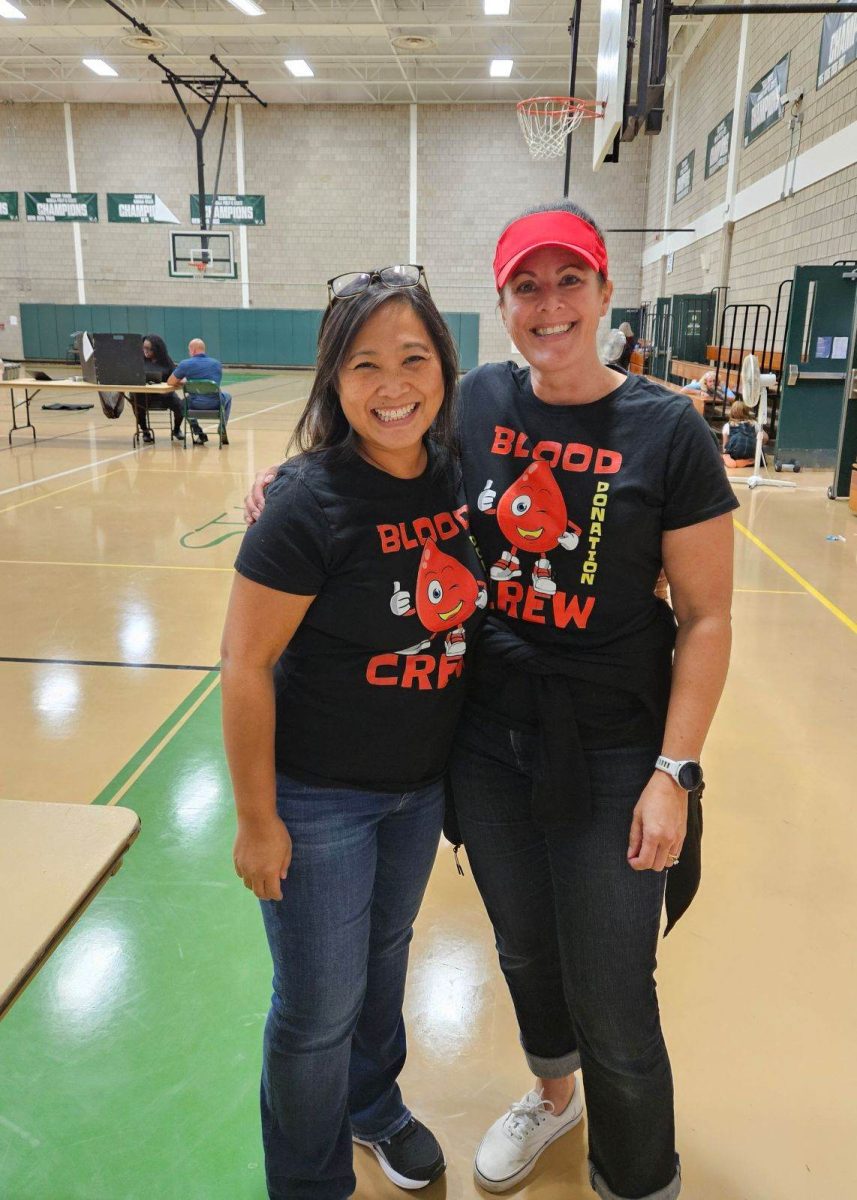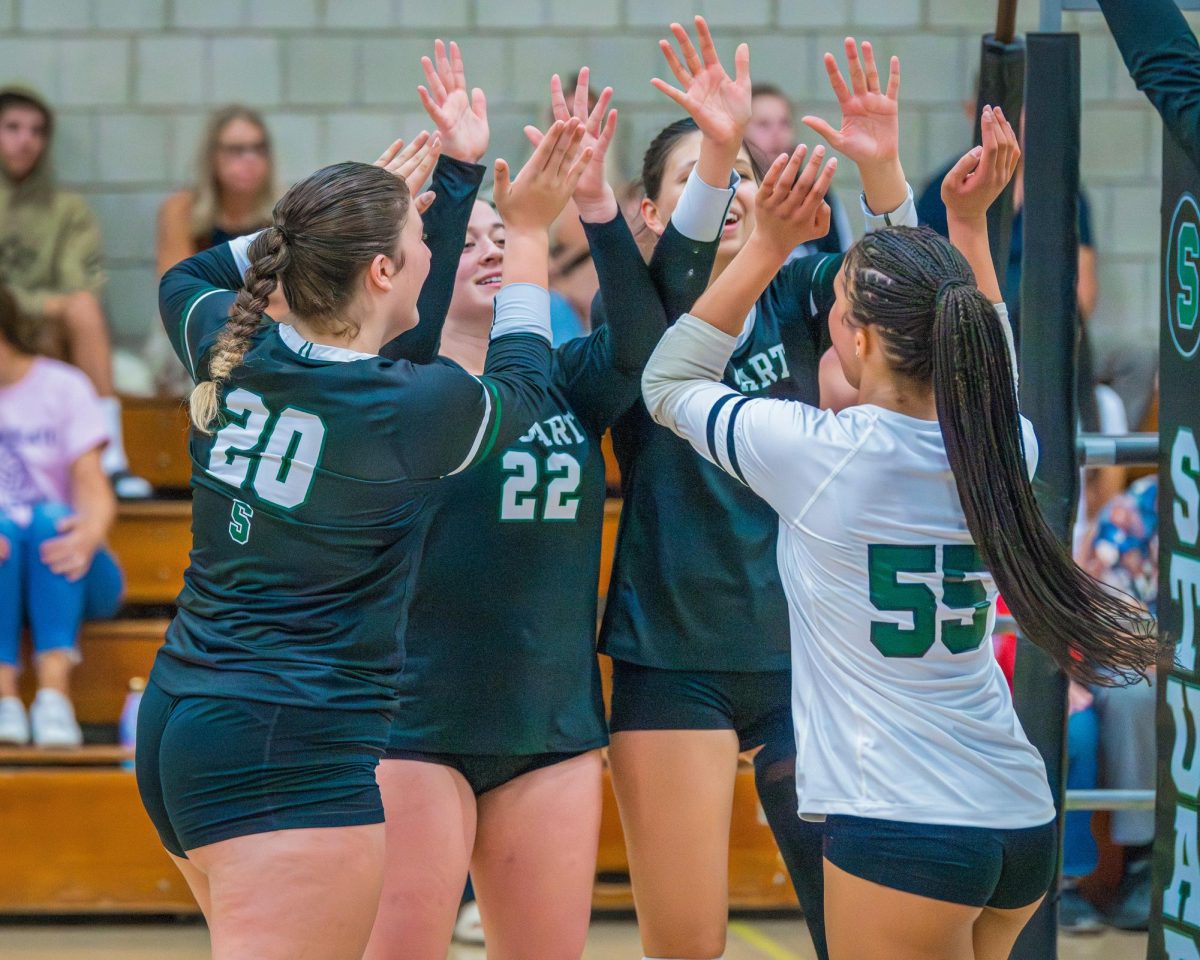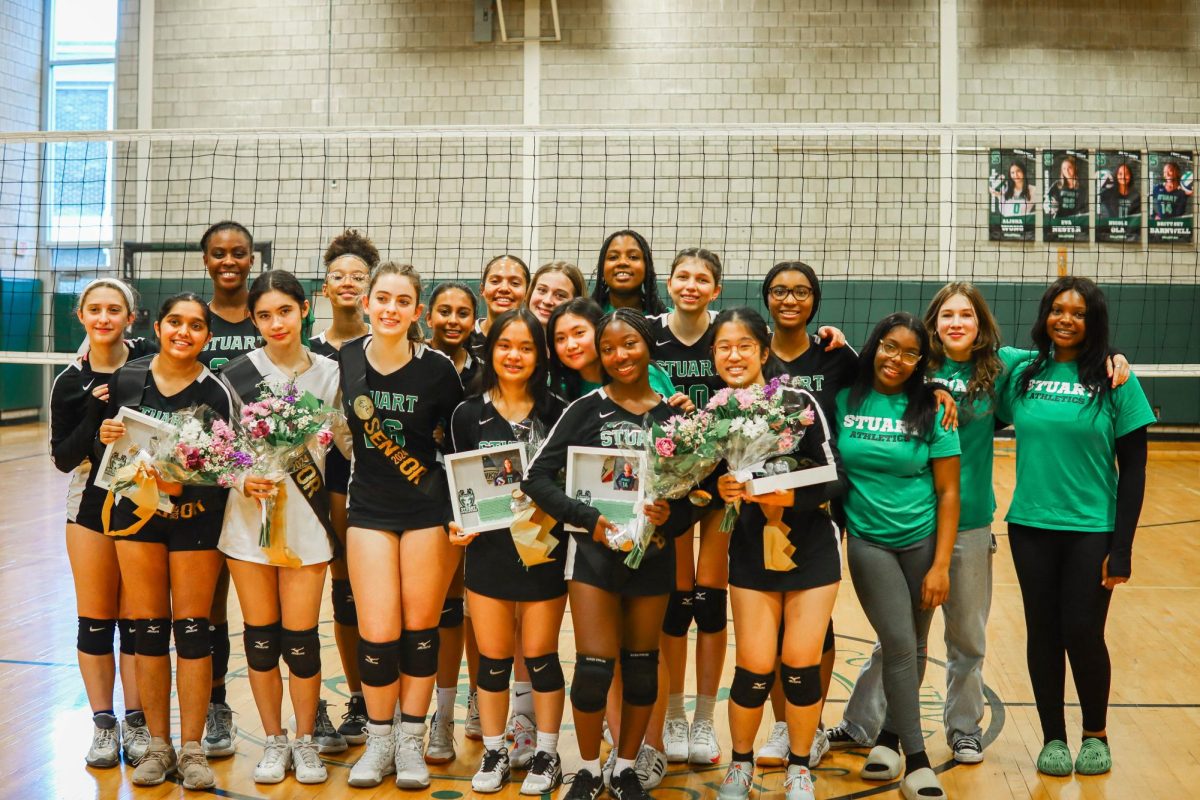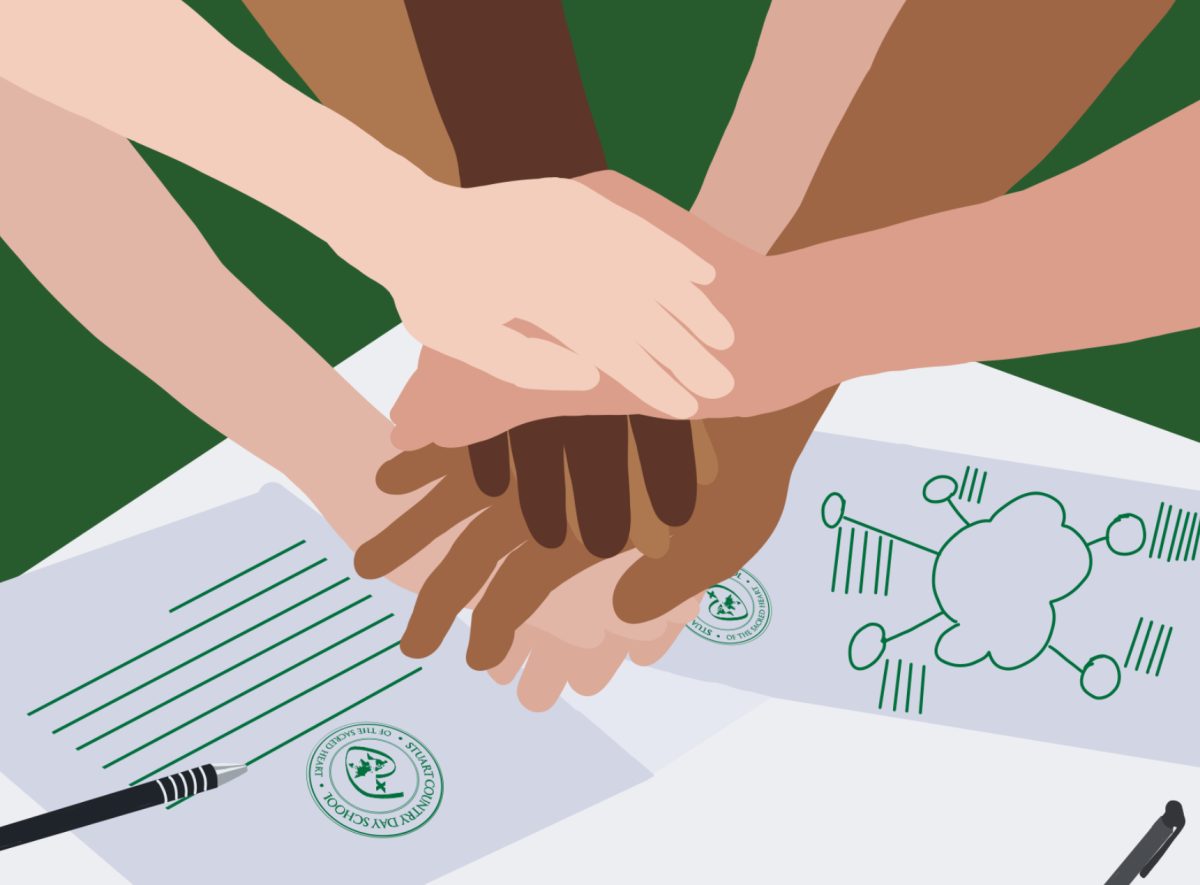What role, if any, has access to education played in shaping your entrepreneurial pursuits, and do you perceive any gender-based disparities in educational opportunities?
Education has been very important to the success of my business. Thanks to training and internet access, I have been able to promote and expand my café business. However, there are significant gender-based disparities, especially in rural areas of Ecuador, where societal expectations force many girls and women into traditional roles, limiting their opportunities let alone entrepreneurship. Women are often raised to believe their primary role is to care for the home, and there is that machismo still prevalent in many households. All these things create a major barrier to accessing different opportunities, even getting a good education- that could lead to entrepreneurship.
In your entrepreneurial journey, have you encountered any specific cultural or societal factors that have either facilitated or hindered your progress?
Yes, economically, the cultural expectation that women’s primary duty is to care for the home and family has made it difficult for me. Many people still prefer to cook and eat at home rather than go to a café. Additionally, women are often expected to remain in the background, and this mindset creates significant challenges. The notion that women should be primarily caregivers limits their freedom to pursue business ventures, especially in a country like Ecuador where traditional gender roles are very dominant.
How has your geographic location influenced your approach to entrepreneurship, considering cultural and societal norms specific to that region?
My business is located in the Sierra region of Riobamba, near a university and a few banks, making it accessible to the public and students. However, in Ecuador, where this machismo culture still deeply influences society, entering business is sometimes viewed as stepping out of the traditional role. There is a societal pressure to conform to expectations, such as cooking, cleaning, and raising children, while business ownership and working outside of the home is often considered a “man’s world.” These traditional expectations make it more difficult for women to be seen as legitimate leaders or entrepreneurs. Although the mindset has changed a bit from when I was a child, it still has a long way to go because as hard as it is to admit- women are still seen as subordinate to the men.
To what extent do you believe gender-based challenges impact women entrepreneurs, and can you provide examples from your own experiences?
Gender-based challenges are extremely impactful. As a woman entrepreneur, I’ve faced challenges from the very beginning. I’ve struggled to gain access to financing because institutions often see women as less reliable or capable than men. Additionally, balancing work and family responsibilities is much harder for women, especially when society expects us to handle both the business and the domestic duties. I’ve had to work twice as hard to prove my worth.
Have you observed any trends or patterns in the types of industries or sectors where women entrepreneurs are more prevalent, and what factors do you believe contribute to these trends?
Yes, women are more prevalent in industries like fashion, beauty, and food—sectors that are often viewed as “feminine” or related to domestic roles. In a machismo-driven culture, women are expected to be more involved in caregiving and nurturing, and these industries are seen as an extension of that. Moreover, these businesses require lower capital investment compared to industries traditionally dominated by men, such as technology or construction. Women are often excluded from these higher-capital industries due to societal perceptions of their capabilities and roles.
Are there specific policies or initiatives that you believe would enhance the environment for women entrepreneurs, both locally and globally?
Yes, policies that break down structural and cultural barriers are essential. In Latin America, where machismo is still prevalent, there needs to be more support for women, including access to financing, childcare services, and business training. Laws and programs designed to combat gender discrimination in business and the workplace can help women break free from traditional roles that keep them from pursuing their entrepreneurial dreams.
Have you faced any specific legal or regulatory challenges in your entrepreneurial activities that are directly related to your gender? How did you address these challenges?
Yes, my ex-husband and I originally started a business together selling car parts. However, when I wanted to use some of that capital to start my own venture, I was turned down. I had to seek financial support from my family to begin my business. Securing a loan was very difficult, and I had to put my home as collateral.
How do you perceive the role of mentorship and support networks in assisting women entrepreneurs, and have you personally benefited from such networks?
I believe mentorship and support networks are crucial for women entrepreneurs. Unfortunately, I haven’t had much personal experience with such networks, but I know they are vital for breaking down the barriers that exist in the business world. Women often face unique challenges, and having a community of women who understand those challenges can provide emotional support, practical advice, and access to opportunities that are often closed off to us.
What challenges, if any, have you faced in accessing financial resources or funding for your business? Do you attribute these challenges to gender-related factors?
The lack of trust in women managing businesses and the machismo that dominates financial institutions made it very hard for me to access funding. When my ex-husband and I started a car parts business, we had no trouble getting a loan. However, when I wanted to start my own business, things were different. I had to turn to my family for financial support, and even then, I had to put up my house as collateral just to get a loan. It wasn’t easy at all, and I felt the weight of being a woman trying to build something on my own. In a country where men are seen as the natural leaders and decision-makers, I had to prove myself much more, and even then, doors were closed to me simply because I’m a woman.
To what extent have societal expectations on traditional gender roles influenced your entrepreneurial decisions and strategies, and could you share your experience as a woman entrepreneur, highlighting what motivated your pursuit of entrepreneurship?
Traditional gender roles have had a major influence on my entrepreneurial journey. In Latin America, women are often expected to take care of the home and family, and entrepreneurship is not seen as a “woman’s job.” However, when I lost my job during the pandemic, I realized that I had no other option but to create something for myself and to be able to support my family. My age and the difficulty of finding work made entrepreneurship the only way forward for me and it was something that I had always wanted to do on my own. Despite societal pressure, I chose to go against the biases and obstacles and started my business. For me, it was about creating something of my own and being self-sufficient.
Reflecting on your experiences, what advice would you offer to aspiring women entrepreneurs, considering the unique challenges and opportunities you have encountered?
To aspiring women entrepreneurs, I would say don’t let machismo or social expectations stop you. It’s a tough road, but it’s possible if you believe in yourself and keep fighting for what you want. Stay resilient and seek out support networks. Don’t be afraid to take risks, and remember that you are just as capable as any man. The opportunities are out there, and with hard work, you can break through the barriers.
Check out Amanda on Tartan Talk!


























